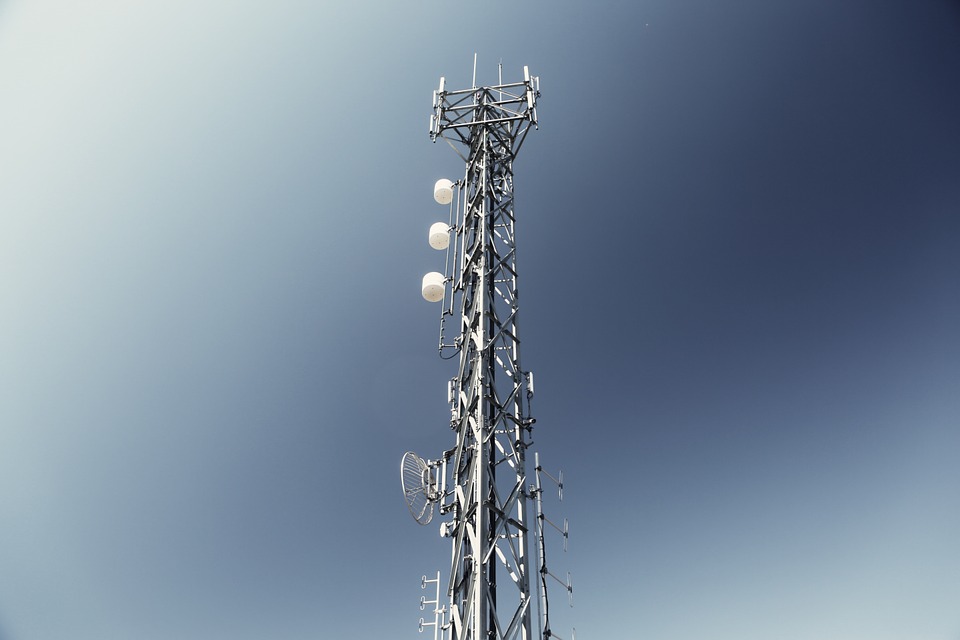After the FCC’s debatable decision in December that effectively eliminated Obama Administration directives aimed at protecting Internet neutrality, a series of legislative and political actions at the state and federal level took place. In March, Washington became the first state to pass a law of its own in order to preserve net neutrality. “Today, Washington state is making history,” Gov. Jay Inslee said, as he was preparing to sign the first net neutrality bill in America. “Returning to the legal framework that governed the Internet from President Clinton’s pronouncement in 1996 until 2015 is not going to destroy the Internet,” FCC Chairman Ajit Pai had stated before, claiming that Internet neutrality supporters use “apocalyptic rhetoric” to describe a rather “mundane reality”.
Net neutrality mandates ISPs to treat all data on the Internet equally and not discriminate by user, content, website, platform, application etc. This way, ISPs were unable to intentionally slow down specific websites or block online content. Internet neutrality supporters claim that after the FCC’s decision, ISPs will gain more and more control and will be able to block websites that hold political opinions they disagree with or slow down content from their competitors. They may also charge extra fees to the content companies, discriminating between those that can afford to pay for preferential treatment and those who cannot.
“We know how important it is. We’ve seen the power of the open Internet. It allows the students in Washington to connect to researchers all around the world. Or a small business to compete with large businesses in the global marketplace. It’s allowed the free flow of information and ideas in one of the greatest demonstrations of free speech in history,” Gov. Jay Inslee stated, while signing Washington’s net neutrality bill. But politics aside, what does the future hold for tech and telecom companies, as the fate of Internet neutrality is uncertain?
The past may provide us with some answers, because, as FCC Chairman Ajit Pai stated, the Internet existed long before net neutrality and will also continue to exist. While AT&T partially censored a rock star’s political protest, during a performance by Pearl Jam in 2007, Comcast, the nation’s largest cable TV operator and second largest Internet service provider, slowed down uploads from peer-to-peer file sharing applications by using forged packets. As expected, the FCC’s decision to dissolve net neutrality has been widely promoted by the telecom industry, but severely condemned by tech companies and consumer groups.
The fate of net neutrality has fallen not only into the hands of Congress, but also in those of the courts. Legal actions have been taken against the FCC decision in order to block the new regulations and restore the old ones. An industry group representing Facebook and Google, later joined by Netflix and other Internet companies has united to protect Internet neutrality. Etsy, Kickstarter, Foursquare and Shutterstock also filed petitions against the FCC. More surprisingly, Comcast and Charter, two of the largest ISPs, have also vowed to protect net neutrality. Shutterstock General Counsel Heidi Garfield stated that “net neutrality is essential to empower anyone, regardless of economic status, with access to information and resources to contribute to the digital economy.”
FCC Commissioner Ajit Pai stated that smaller ISPs are struggling as a result of net neutrality rules and that the FCC wants to contribute in providing these companies with competitive alternatives. But some ISPs, like Comcast and Charter, still promised to follow older regulations. “Comcast does not and will not block, throttle, or discriminate against lawful content,” Dave Watson, president and CEO of Comcast Cable, stated, while David Cohen, senior executive VP for Comcast, praised the FCC’s efforts to “repeal the ill-advised and outdated burden of Title II classification”.
As FCC’s decision to repeal regulations that preserved net neutrality may be described as controversial at best, companies, politicians and consumer groups have taken the matter to court. Lawyers posit that net neutrality supporters just might have a case, as federal law bans federal agencies from passing arbitrary rules. Agencies are, however, permitted to overturn their original plan, so the legal fate of the FCC’s decision is, for now, in the hands of the courts. Meanwhile, Congress is examining at least two propositions related to net neutrality that will also probably be cause for debate.

























